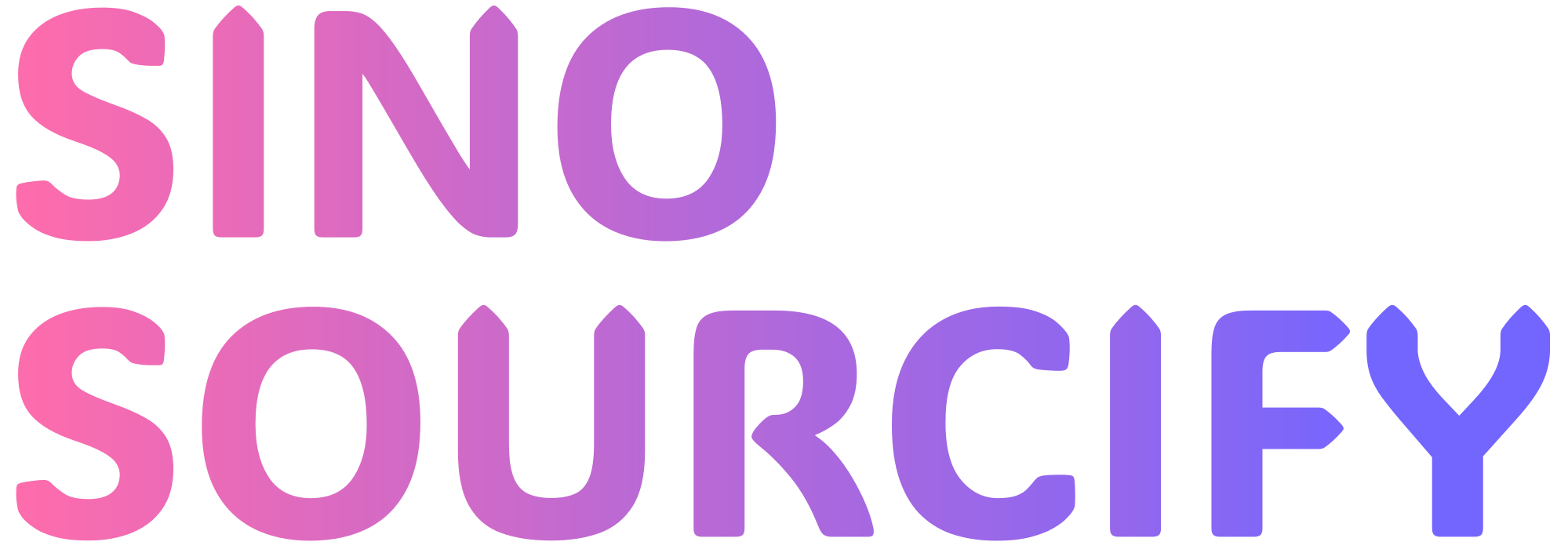The metaverse is rapidly evolving, and with it, the demand for high-quality hardware to power immersive experiences. Whether you’re a developer, enterprise, or enthusiast, sourcing the right metaverse hardware is critical to ensuring seamless performance and user engagement. This guide explores key considerations, top suppliers, and emerging trends to help you make informed decisions.
Why Metaverse Hardware Sourcing Matters
Metaverse hardware includes VR headsets, haptic gloves, motion trackers, and other devices that enable interaction within virtual environments. Sourcing reliable and cutting-edge hardware is essential for delivering high-fidelity experiences. Poor-quality components can lead to latency, discomfort, or even user disengagement—issues that platforms like Long aim to mitigate through curated sourcing solutions.
Key Considerations for Sourcing Metaverse Hardware
1. Performance and Compatibility
Ensure the hardware meets performance benchmarks and integrates seamlessly with your software stack. Look for devices with low latency, high resolution, and robust SDK support.
2. Supplier Reliability
Partner with established suppliers or platforms like Long that vet manufacturers for quality and consistency. Avoid vendors with a history of delayed shipments or subpar components.
3. Cost vs. Value
While budget constraints are real, prioritize value over the lowest price. Cutting corners on hardware can lead to higher long-term costs due to replacements or user churn.
Top Metaverse Hardware Suppliers in 2024
Here are some leading suppliers to consider for your metaverse projects:
- Meta (Oculus): A leader in VR headsets with the Quest series.
- HTC Vive: Known for high-end enterprise-grade VR solutions.
- Valve: Offers the Index headset, favored for its precision tracking.
- Pimax: Specializes in wide-FOV headsets for immersive experiences.
Emerging Trends in Metaverse Hardware
The industry is shifting toward lighter, wireless devices with advanced haptics and eye-tracking capabilities. Platforms like Long are also emphasizing sustainability, with suppliers increasingly offering eco-friendly materials and energy-efficient designs.
Conclusion
Sourcing metaverse hardware requires careful planning and a focus on quality. By leveraging trusted suppliers and staying ahead of trends, you can build immersive experiences that stand out. For curated sourcing solutions, explore platforms like Long to streamline your procurement process.




